Dog emergency care is an essential aspect of pet health, as emergency situations can arise unexpectedly and require immediate attention. Prompt veterinary intervention can make a significant difference in your dog’s prognosis and help prevent further complications. Whether your dog has been injured, ingested a toxic substance, or is displaying concerning symptoms, emergency care can provide the necessary treatment to stabilize your pet and address the underlying issue.
Veterinary clinics specializing in dog emergency care are equipped with the knowledge, expertise, and resources to handle a wide range of urgent situations. These facilities prioritize critical cases and provide rapid assessment, stabilization, and treatment for your pet. The collaboration between emergency veterinarians and other specialists ensures that your dog receives comprehensive care tailored to their specific needs.
Your Pet’s Health and Happiness Begin Here
Service FAQ
What are some common signs that my dog needs emergency care?
Signs that your dog may require emergency care include difficulty breathing, excessive bleeding, seizures, trauma, sudden weakness or collapse, and persistent vomiting or diarrhea. If your dog displays any of these symptoms, it’s crucial to seek veterinary care immediately.
Can I administer medication to my dog at home during an emergency?
It is not recommended to administer medications at home without professional guidance, as this could potentially harm your pet. Always consult with a veterinarian before giving any medications to your dog.
How can I prepare for a dog emergency?
Familiarize yourself with the signs of common dog emergencies and have a plan in place for prompt veterinary care. Keep your veterinarian’s contact information readily available, and consider learning basic first aid for dogs to provide immediate care when needed.
How do I know if my dog has ingested something toxic?
Common signs of toxin ingestion in dogs include vomiting, diarrhea, excessive drooling, loss of appetite, and lethargy. If you suspect your dog has ingested something toxic, contact your veterinarian or an animal poison control center for guidance.
What should I do if my dog requires emergency care after normal business hours?
Many veterinary clinics offer after-hours emergency care or can refer you to a nearby 24-hour emergency facility. Keep a list of emergency contact numbers and facilities handy for quick access in case of an emergency.
What should I expect during a dog emergency care visit?
During a dog emergency care visit, your pet will be assessed and stabilized as quickly as possible. Diagnostic tests, such as X-rays or blood work, may be performed to determine the cause of your dog’s symptoms. Once a diagnosis has been made, a treatment plan will be discussed, which may include medications, surgery, or hospitalization.
